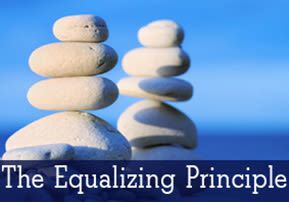
The Equalizing Principle
Proper hitbodedut requires a person to come before Hashem in faith. Faith is expressed through a person's nullifying his will to the Will of Hashem...

Translated by Rabbi Lazer Brody
In Forest Fields, Part 54
Another important principle for a person to achieve self composure is "equalizing". Proper hitbodedut requires a person to come before Hashem in faith. Faith is expressed through a person's nullifying his will to the Will of Hashem. That is to say, that whether or not Hashem fulfills one’s request, the person will be equally satisfied with whatever Hashem does. In other words, all is “equal” in his eyes. From the following tale presented in the book Kochavei Or we learn that  "equalizing" is a basis for attaining truth:
"equalizing" is a basis for attaining truth:
 "equalizing" is a basis for attaining truth:
"equalizing" is a basis for attaining truth: A person named Israel from Nemirov asked for Rebbe Nachman’s blessing in traveling to a war zone for the sake of his livelihood. Rebbe Nachman did not want this man to travel, yet too he did not want to deny him free choice. So, the Rebbe advised him: "Equalize in your mind both the 'yes' and no' (in other words, be equally happy whether you go or not).” He then advised him to say five chapters of Psalms, and then he should do what comes to his mind. And so the man did.
Afterwards, Israel came to Rebbe Nachman and told him what had come to mind, that he decided to make the trip. Rebbe Nachman was not pleased with this, because he knew very clearly that the man had not truly equalized the 'yes' and 'no' in his heart as instructed. Rebbe Nachman knew that this man's craving for money had led him to a very strong desire to travel. Israel did in fact make the trip…
According to the principles of emuna, one must understand that only Hashem knows the individual path each person must take in this life. One who truly believes this knows that all things are equal – if he travels to a certain place, or not; if he does a certain business transaction, or not; if he meets with so-and-so, or not, and so on. With emuna, a person recognizes that Hashem knows best what is right for him no matter what. Everything is the will of Hashem and therefore the very best for him.
The Holy Baal Shem Tov elaborated on King David’s expression (Psalms 16:8), "I have set Hashem before me always". How can one know that he has truly set Hashem before him? How can he know that he truly lives with emuna that there is "no one but Him"? The word in Hebrew shiviti – “I have set”, can also be translated in conjunction with its root word shivyon, or equality, namely, that all is equal before him.
Only when the 'yes' and 'no' are truly equal in one's eyes can one truly know Hashem's Will. Hashem will illuminate the truth in the heart of an “equalizer” and show him what he should do in every situation. As such, a goal of self composure is to equalize one's thoughts and thereby rid oneself of the effects of lust or bad character traits.
To Act According to His Will
King David nullified his personal desires and prayed to recognize what Hashem's Will is in all matters, for he prayed (Psalms 25:5), "Guide me with Your truth and teach me" – guide me in Your truth Hashem, and not what I might misconstrue as the truth, because my perception could very well be influenced by lust and bodily appetites.
When a person prays, the 'yes' and 'no' must stand equal before him, to avoid despair and to continue to pray for the things he yearns for. He must seek the level of self composure until the 'yes' and 'no' is truly equal before him in all matters. He must contemplate that only Hashem knows what is best for him and therefore subjugate all his desires to Hashem. He should strive to be able to say to himself, “Everything is equal to me, whether I receive that which I ask for – in spiritual as well as material requests – or not.
The essence of proper hitbodedut is seeking what Hashem wants from us. Once again, King David asked for this also in his personal prayers, when he said (Psalms 119:35), “Guide me on the path of Your commandments,” the commandments being an expression of Ratzon Elyon or Divine Will. We too can pray in this manner:
"Master of the Universe, I surely do not know where I stand in spirituality, nor do I know the next step I should make. Show me what my priorities should be, where to put my emphasis, how lengthy my prayers should be for any specific matter, how I should pray on each matter, and how to serve You, especially in light of my intended mission on earth. For You, all things are revealed and known. You know where I stand and what I am supposed to do. Have mercy upon me, give me the words that I need to pray today, enable me to thank you wholeheartedly for all the things that I should thank you for, let me assess myself properly, let me express myself in the prayers that I pray before You today, and please illuminate my heart. Above all, lead me in the path of Your will!”
A person will never walk away from such hitbodedut with impatience. All the more so, when he walks this path in pleasantness and patience, Hashem will illuminate his path and he’ll be able to properly converse with Hashem.
To be continued.





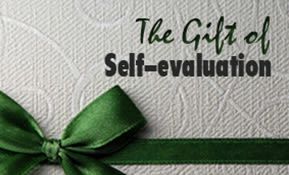
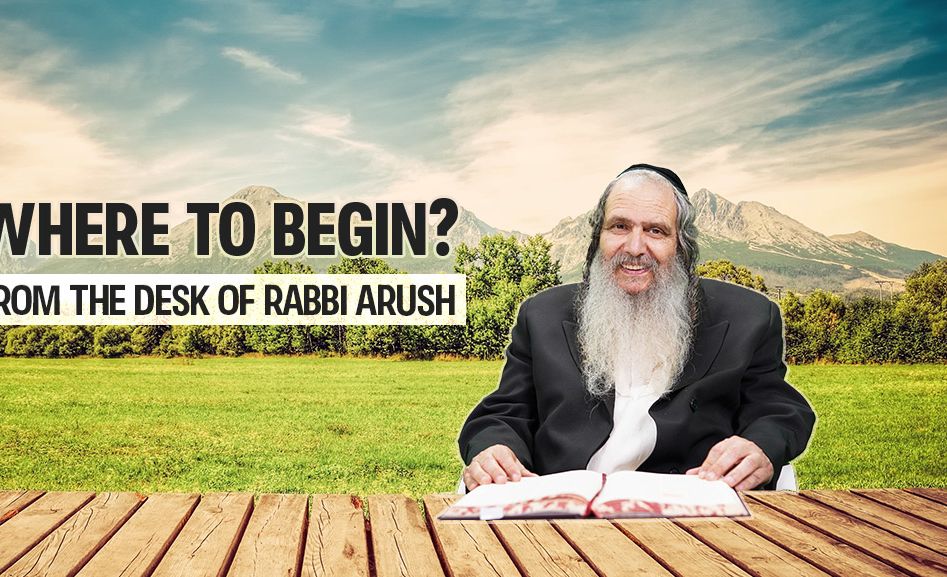
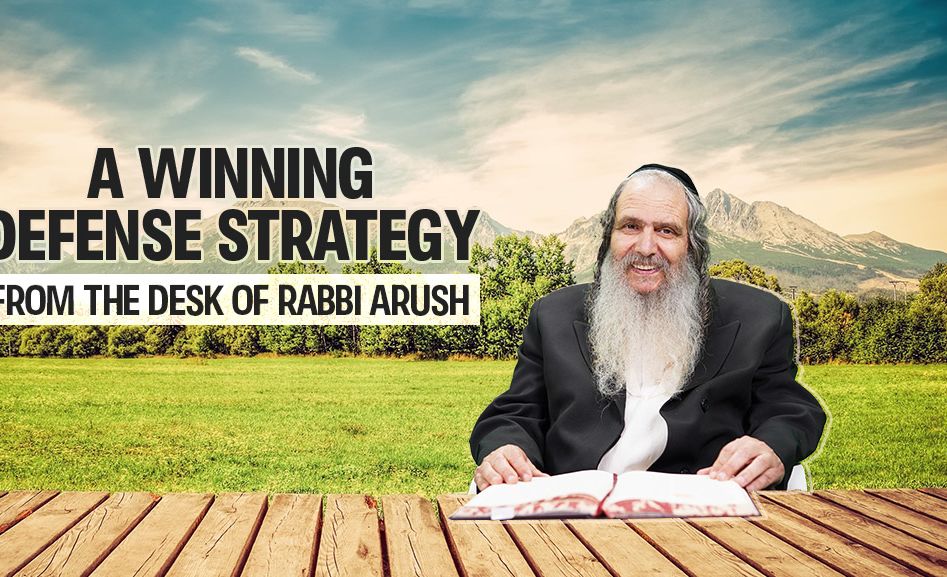


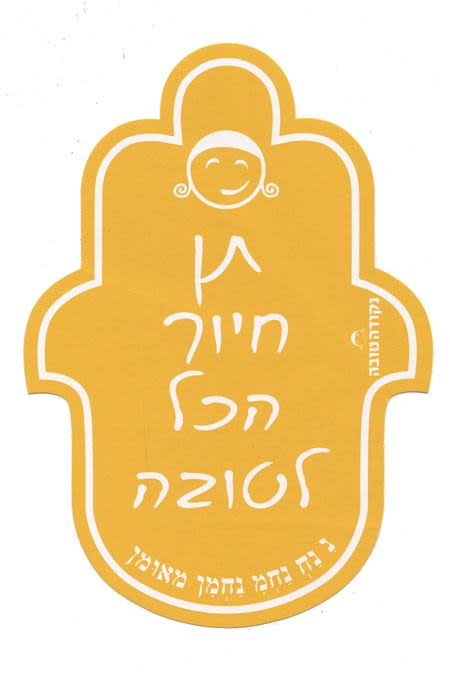

Tell us what you think!
Thank you for your comment!
It will be published after approval by the Editor.